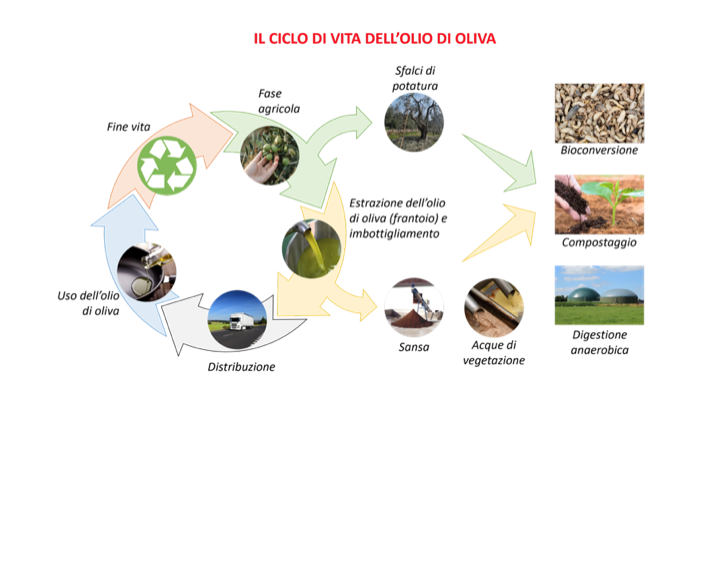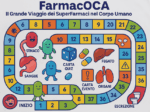Conosciamo gli impatti ambientali dei prodotti che consumiamo? Analizzare le diverse “fasi del ciclo di vita” di un alimento di uso comune, come l’olio di oliva, e le varie opzioni di gestione degli scarti e sotto-prodotti ottenuti durante il processo produttivo, è fondamentale per comprendere come ridurre l’impatto ambientale di prodotti che sono alla base della dieta mediterranea. Per fare ciò, possiamo utilizzare l’analisi del ciclo di vita, ovvero un metodo che permette di valutare gli impatti ambientali di un prodotto, processo o servizio considerando tutte le fasi del ciclo di vita, dall’estrazione delle materie prime fino al fine vita.
L’IMPATTO AMBIENTALE DELLE NOSTRE SCELTE DI CONSUMO: SCOPRI IL CICLO DI VITA DELL’OLIO DI OLIVA E COME VENGONO GESTITI IN MODO SOSTENIBILE GLI SCARTI PRODOTTI
Set 19, 2022 | Mare e inquinamento, Mare e inquinamento, Università degli Studi di Messina, Università degli Studi di Messina













